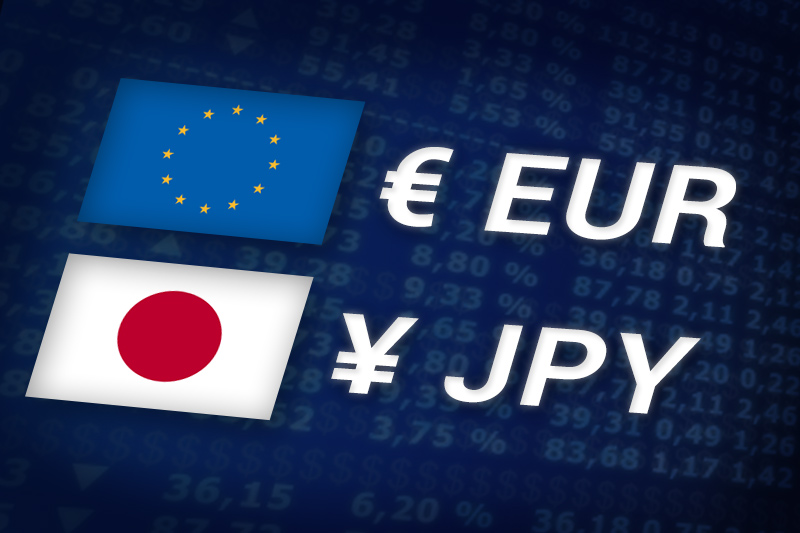Investing.com - The euro was almost unchanged against the yen on Tuesday, swinging between small gains and losses as investors eyed the outcome of Wednesday's key European summit on the region's debt crisis.
EUR/JPY hit 105.64 during European afternoon trade, the daily low; the pair subsequently consolidated at 105.88, shedding 0.11%.
The pair was likely to find support at 104.18, the low of October 12 and resistance at 107.68, the high of October 17.
The euro came under pressure after German Chancellor Angela Merkel said Germany remained opposed to the European Central Bank's policy of buying bonds in the secondary market.
Speaking ahead of Wednesday's key talks on the region's debt crisis, Merkel added that Germany did not want a declaration from politicians telling the ECB what to do.
But investor confidence remained supported, as European leaders had moved closer to a deal on bank recapitalization and expanding the firepower of the euro zone’s bailout fund, at a summit in Brussels over the weekend.
Meanwhile, Japanese Finance Minister Jun Azumi reiterated his warning against pushing the yen too high, saying he was ready to take decisive steps if the currency's appreciation becomes excessive.
Azumi also said he has instructed Finance Ministry officials to be ready "for any eventuality."
The yen was higher against the U.S. dollar with USD/JPY edging down 0.02%, to hit 76.08.
Also Tuesday, German market research group GfK said its consumer climate index showed sentiment was set to improve slightly in November.
EUR/JPY hit 105.64 during European afternoon trade, the daily low; the pair subsequently consolidated at 105.88, shedding 0.11%.
The pair was likely to find support at 104.18, the low of October 12 and resistance at 107.68, the high of October 17.
The euro came under pressure after German Chancellor Angela Merkel said Germany remained opposed to the European Central Bank's policy of buying bonds in the secondary market.
Speaking ahead of Wednesday's key talks on the region's debt crisis, Merkel added that Germany did not want a declaration from politicians telling the ECB what to do.
But investor confidence remained supported, as European leaders had moved closer to a deal on bank recapitalization and expanding the firepower of the euro zone’s bailout fund, at a summit in Brussels over the weekend.
Meanwhile, Japanese Finance Minister Jun Azumi reiterated his warning against pushing the yen too high, saying he was ready to take decisive steps if the currency's appreciation becomes excessive.
Azumi also said he has instructed Finance Ministry officials to be ready "for any eventuality."
The yen was higher against the U.S. dollar with USD/JPY edging down 0.02%, to hit 76.08.
Also Tuesday, German market research group GfK said its consumer climate index showed sentiment was set to improve slightly in November.
